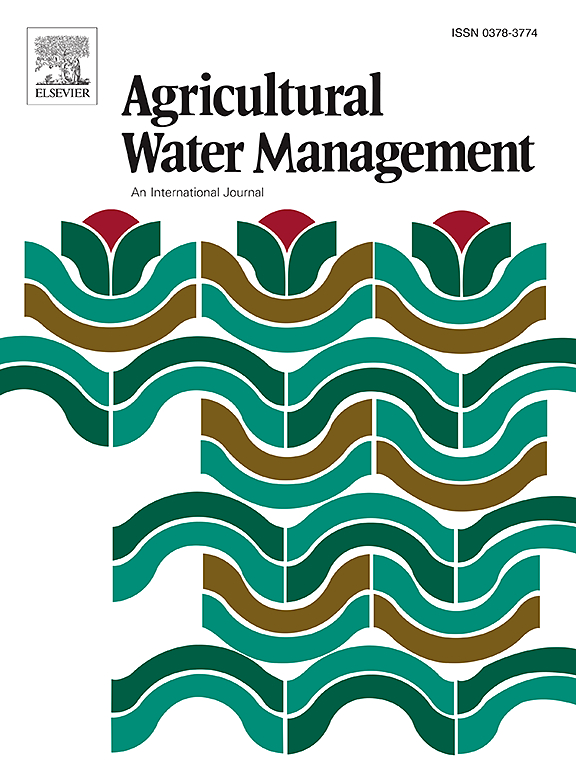Deep learning for intelligent irrigation decision-making: A review
IF 6.5
1区 农林科学
Q1 AGRONOMY
引用次数: 0
Abstract
Global agriculture faces the dual challenges of water scarcity and climate change, making efficient and precise irrigation management increasingly important. This review analyzes the role of deep learning (DL) technologies in intelligent irrigation decision-making: (1) DL technologies have shifted irrigation management from experience-based decisions to data-driven precision prediction. (2) Deep learning architectures demonstrate distinct advantages in different aspects of irrigation management, including spatial identification, soil water content prediction, long-term forecasting, and optimization of water use. (3) Hybrid DL models often demonstrate superior performance in practical applications. (4) Edge-cloud collaborative architectures are particularly effective, reducing communication volume and decreasing response times from minutes to seconds. Despite progress, intelligent irrigation using DL faces challenges related to data quality, model generalization ability, and computational resource limitations, as well as application barriers such as cost, acceptance, and regional adaptability. Future work should prioritize climate-adaptive models, extreme-weather response, and ultra-precise management in water-scarce regions, while evaluating federated, few-shot learning and large language models as enabling methods.
基于深度学习的智能灌溉决策研究综述
全球农业面临着水资源短缺和气候变化的双重挑战,这使得高效和精确的灌溉管理变得越来越重要。本文分析了深度学习技术在智能灌溉决策中的作用:(1)深度学习技术将灌溉管理从基于经验的决策转变为数据驱动的精确预测。(2)深度学习架构在灌溉管理的空间识别、土壤含水量预测、长期预测和水资源利用优化等方面具有明显优势。(3)混合深度学习模型在实际应用中往往表现出优异的性能。(4)边缘云协同架构特别有效,减少了通信量,将响应时间从几分钟缩短到几秒钟。尽管取得了进展,但基于深度学习的智能灌溉面临着数据质量、模型泛化能力、计算资源限制以及成本、可接受性和区域适应性等应用障碍等方面的挑战。未来的工作应优先考虑气候适应模型、极端天气响应和缺水地区的超精确管理,同时评估联合、少量学习和大型语言模型作为支持方法。
本文章由计算机程序翻译,如有差异,请以英文原文为准。
求助全文
约1分钟内获得全文
求助全文
来源期刊

Agricultural Water Management
农林科学-农艺学
CiteScore
12.10
自引率
14.90%
发文量
648
审稿时长
4.9 months
期刊介绍:
Agricultural Water Management publishes papers of international significance relating to the science, economics, and policy of agricultural water management. In all cases, manuscripts must address implications and provide insight regarding agricultural water management.
 求助内容:
求助内容: 应助结果提醒方式:
应助结果提醒方式:


